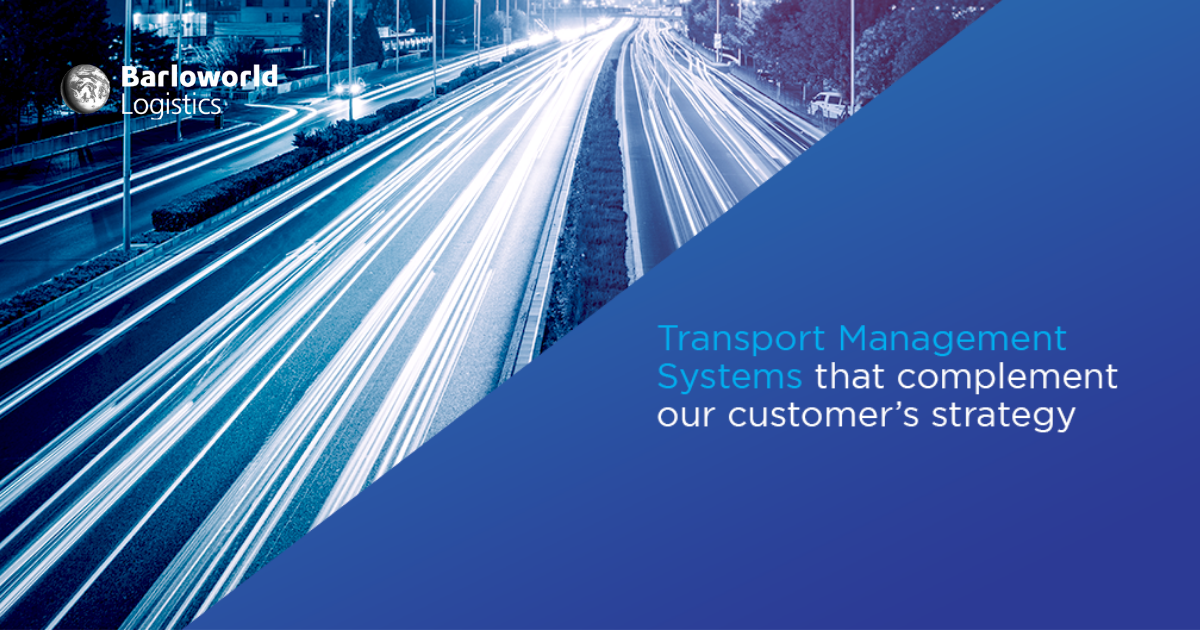
Efficiently moving integrated energy and chemical products through road transport
South Africa is recognised as the largest, chemical player within Africa. The highly complex and widely diverse industry relies on road transport to move chemicals from various sources such as; factories, warehouses, and plants. Ranking second among African countries with regards to quality roads after Namibia, and 23rd in the world, it comes as no surprise that this mode of transport is a preferred choice. Identified by the Presidential working group as key sectors in accelerating GDP growth and creating employment, the chemical and transport sectors complement this year’s Transport Month theme, “Moving South Africa Forward.”
Transport Management Systems that complement the customer’s strategy
While road transport remains one of the oldest methods of transportation, it continues to offer flexible routing with ease of tracking as well as efficient 24hour deliveries, divergent to modes such as rail, airfreight, and sea freight which are restricted by schedules. The process of facilitating, consolidating and transporting base chemical products is no easy feat; however, by making use of intelligent, customised transport management systems customers can earn greater rewards and notable cost savings.
The chemical sector is multifaceted with a variety of dangerous goods and different vehicle equipment types which require robust and heavy-weight transport systems that can handle the complexity thereof. Most customers in this space benefit from automated systems that enable a smooth and seamless transition from the traditional way of doing things. An ‘off-the-shelf’ solution that compels clients to change their processes does not suffice - customers need solutions that speak to their needs and contribute to their bottom line. It is imperative to invest time in analysing the customer’s business processes to come up with transport management solutions that complement their strategy and vision. Solutions that are suitable, tailor-made, and scalable – that are not only limited to one aspect of the supply chain but can incorporate and explore other elements such as rail transport, sea freight and air freight.
Benefits of a Transport Management System
The best TMS can transform the way a business functions, improve and optimize operations while providing better service to customers. The advantages of having such a system vary from:
- Improved inventory management - This affords businesses an opportunity to monitor orders in real-time, improving efficiency in warehouses thus improving the whole supply chain network
- Reduce freight expenses – the system provides recommendations of reducing spend
- Improved customer service – in this fast-paced world, customer expectations continue to rise as they demand fast and efficient collection or delivery of goods. The system assists in consolidating and facilitating all customer orders and finding the most accurate carrier at the lowest price.
Transport Management Systems are not just management tools. They are about partnering with the customer and understanding their complex supply chain needs and requirements as well as finding ways to continuously improve their business. They are about creating value and savings for the customer by removing waste in the supply chain and contributing to the greater economy. By creating employment, strategic partnerships, and driving productivity through innovative transport systems, road transport moves South Africa forward.



